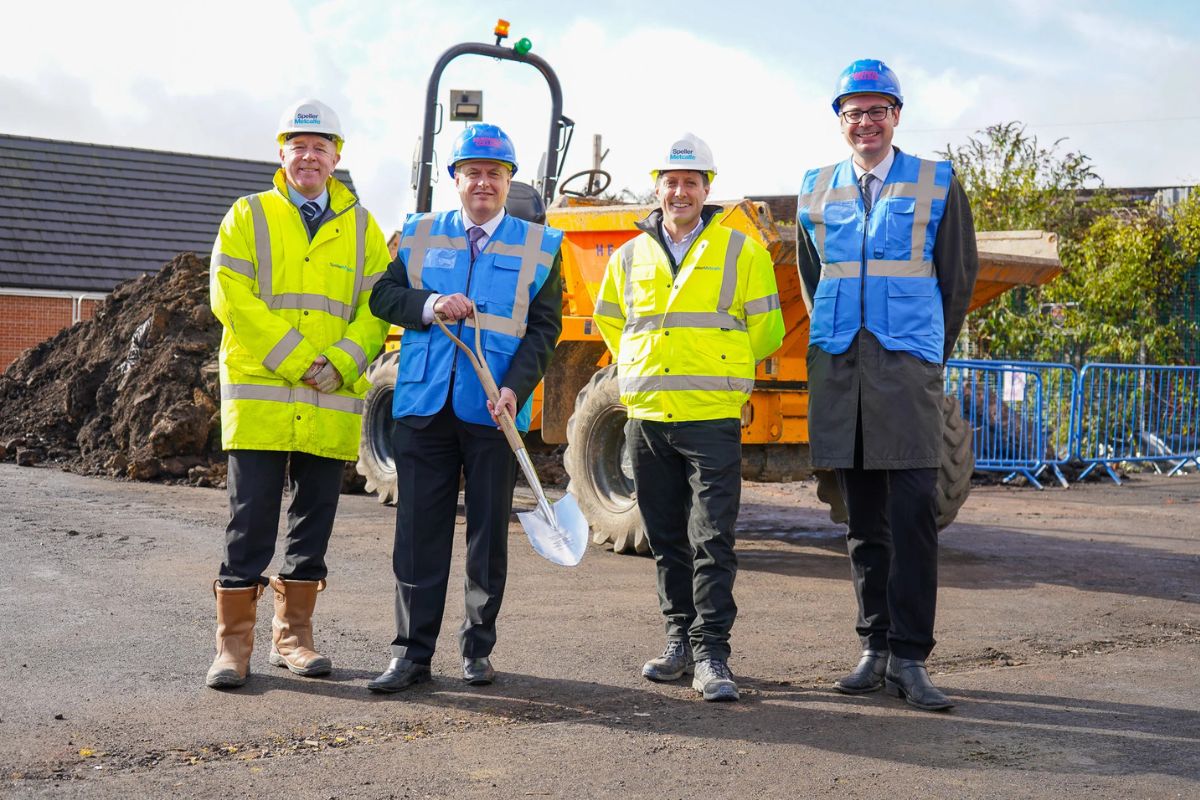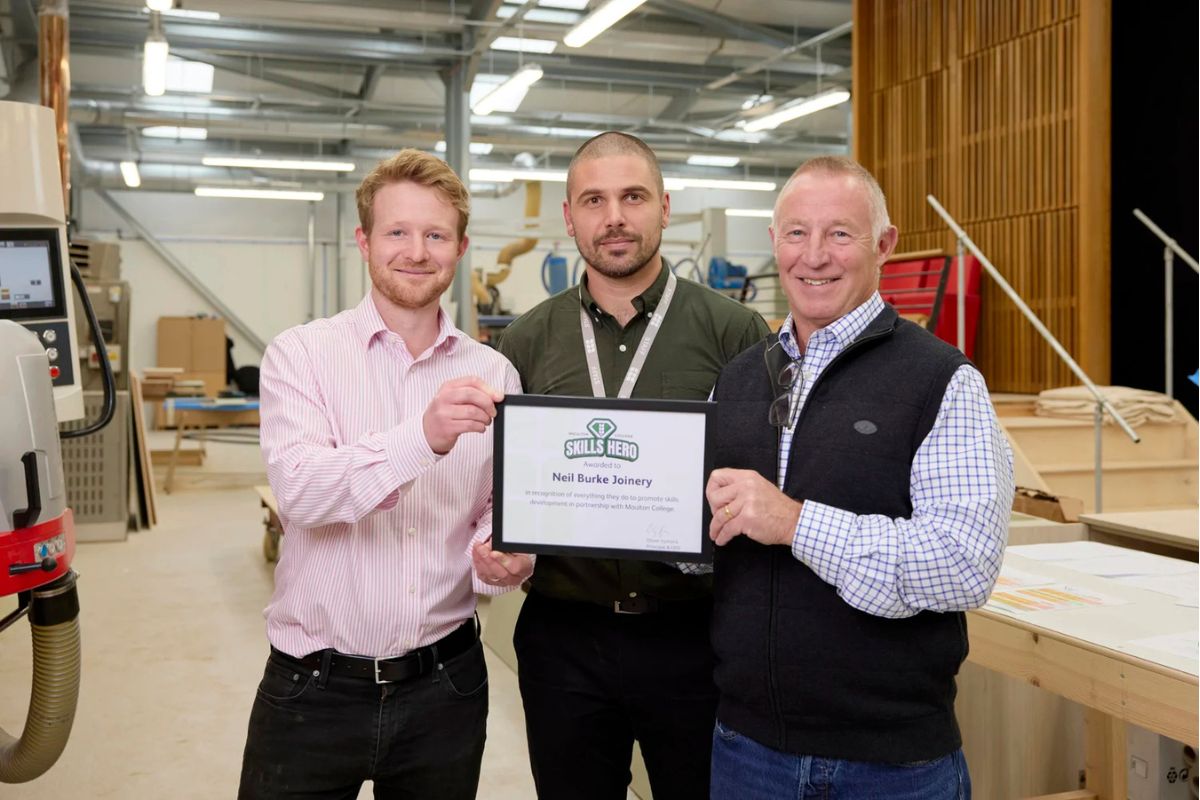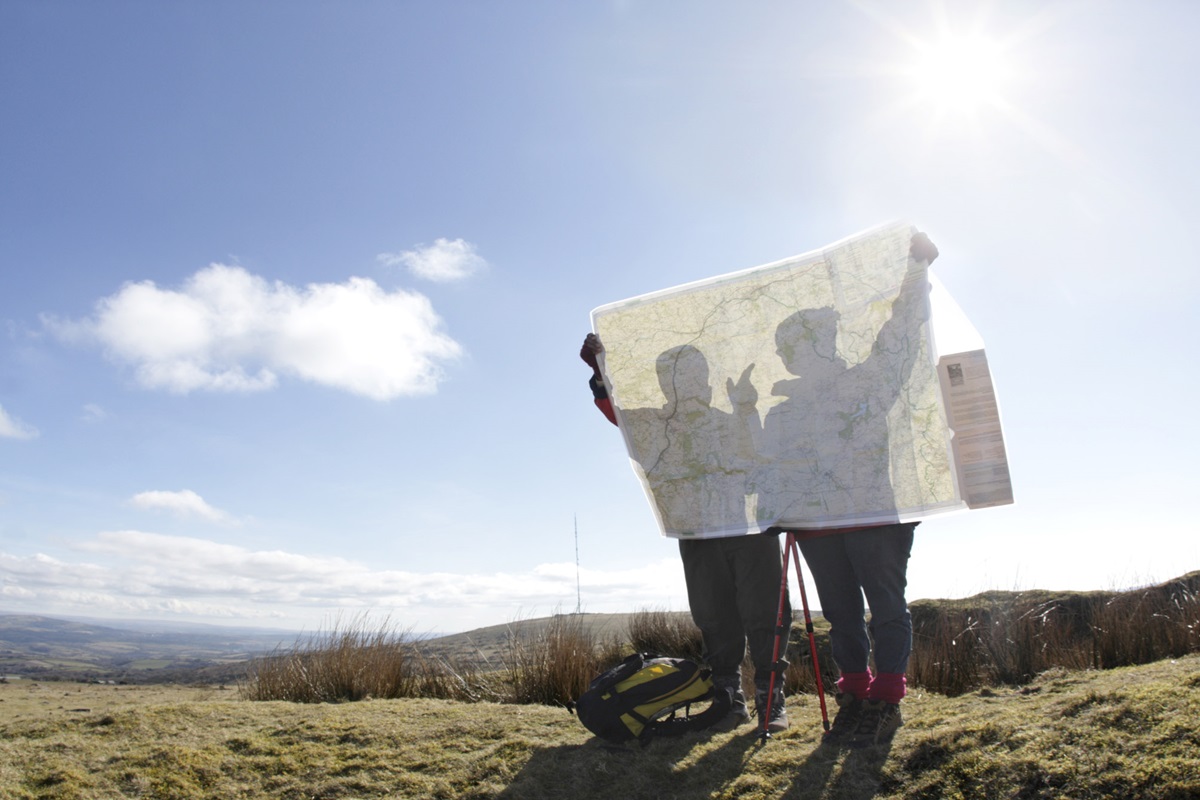Unlocking Success in Life: The Crucial Role of Early Life Skills’ Development in Young People

In this article, Neil delves into the benefits of learning life skills from an early age, supported by the skills’ development platform, Kloodle. He explores the significance of life skills, backed by research, emphasising mental health benefits and meeting Ofsted requirements.
Manchester Council’s Skills for Life Programme
Having listened to the young people of the region, Manchester City Council has committed to offering their Skills for Life programme to every school and setting in Manchester. The bedrock of the programme is the use of the digital platform Kloodle for recording skills and character development and to enable connections with employers.
As a result, we are reaching out to every school in the city to explain the benefits of learning about life skills from an early age and I thought it would be useful to share the rationale.
Overview of ‘Life Skills’
The term ‘life skills’ encompasses a range of abilities that empower individuals to navigate the challenges of daily life successfully. According to UNESCO (United Nations Educational, Scientific and Cultural Organisation), life skills are defined as: “abilities for adaptive and positive behaviour that enable individuals to deal effectively with the demands and challenges of everyday life.” These skills extend beyond academic knowledge and include social, emotional, and interpersonal competencies that contribute to holistic personal development.
Key Life Skills
The specific life skills, identified by reputable organisations like UNICEF and UNESCO, include critical thinking, problem-solving, communication, decision-making, creativity, interpersonal relationships, self-awareness, and coping with stress and emotions. These skills form the foundation for well-rounded individuals capable of facing the complexities of the modern world.
Research on Early Life Skills’ Development
Numerous studies, including longitudinal studies conducted by the World Health Organisation and many others, confirm the profound impact of early life skills’ development on various aspects of a young person’s life. This research indicates that the early acquisition of life skills significantly correlates with positive outcomes, including enhanced academic performance, improved mental health, increased employability, and the ability to cultivate healthier relationships. Exposure to life skills, such as decision-making, problem-solving, and emotional intelligence, during formative years is associated with improved mental health outcomes later in life. Navigating challenges, coping with stress, and forming positive relationships contribute significantly to long-term mental well-being.
Additionally, research from the National Institute for Early Education Research (NIEER) suggests that individuals who acquire life skills early on exhibit higher levels of employability. These skills, encompassing communication, creativity, adaptability, and teamwork, not only enhance academic performance but also equip individuals with the versatility and resilience demanded in the professional landscape. The correlation between early life skills and positive mental health, coupled with increased employability, underscores the profound impact of holistic skills development from a young age.
Lifelong Mental Health Benefits of Skills for Life Training in Primary Schools
In the realm of primary education, the integration of Skills for Life training emerges as a transformative approach with profound and enduring benefits, particularly in fostering mental health. Research confirms that providing life skills’ education to children in deprived communities yields significant positive outcomes. Interventions in life skills not only ease the burden on teachers but also empower counsellors and mental health teams, creating a holistic support system. The renowned ‘5 A Day’ for mental health programme is emblematic, contributing to the long-term mental well-being of young minds, enabling them to navigate challenges and avoid potential mental health issues.
Studies, notably by Frank Field and Graham Allen, emphasise the critical role of early interventions in addressing adversity’s lasting impact on mental health vulnerabilities. Investing in life skills during the formative years becomes a preventive measure against future mental health challenges. Furthermore, positive interventions and resilience training at the secondary school level provide additional evidence of the efficacy of life skills’ programmes.
Recognising the human element in mental health, these programmes prioritise building trust through interpersonal relationships. While machines may assist in initial screenings, the enduring benefits of epistemic trust are derived from human connections. As children embark on a journey of skills’ development, a virtuous cycle unfolds, empowering them to proactively manage their mental health, fostering resilience, and ensuring a brighter, more confident future.
Development Through Activities and Challenges
Young people can effectively cultivate life skills through a variety of activities and challenges. For example, group projects foster teamwork and communication, while problem-solving scenarios stimulate critical thinking. Volunteer work or community engagement activities provide opportunities for empathy and social responsibility. Sports and arts activities contribute to discipline, perseverance, and creativity. Engaging in such diverse experiences allows young individuals to develop a well-rounded set of life skills.
Harnessing The Kloodle Platform for Skills’ Development
The Kloodle digital platform plays a pivotal role in optimising life skills’ development. The software offers a structured and easy-to-follow way to tag and record specific skills linked to the activities and challenges undertaken by young individuals. By documenting their experiences and reflecting on their achievements, young people can build confidence, self-awareness, and a comprehensive portfolio that showcases their diverse and developing skill set. Kloodle’s digital framework supports the seamless integration of life skills into personal and professional development, enhancing the overall educational journey.
Benefits for Primary Schools Includes Ofsted Compliance
In addition to the manifold advantages for students, the adoption of a life skills programme in primary schools aligns seamlessly with Ofsted requirements on personal development. Ofsted is looking for pupils to have access to a wide, rich set of experiences where there are opportunities for pupils to develop their talents and interests. Kloodle facilitates schools in this objective and schools’ skills’ provision, aiding them to better determine the impact of students participating in life skills. The platform allows for the systematic measurement of skills’ development, providing tangible evidence of the positive impact of life skills programmes. Students can maintain profiles as they progress through their journey to secondary school and beyond, offering a comprehensive record of their evolving and positively reinforced skills development for both educational and professional purposes.
In Summary
Early life skills’ development is a cornerstone for unlocking the full potential of young individuals. By fostering these skills through diverse activities and leveraging the Kloodle digital platforms for structured reflection and documentation, we can pave the way for a generation equipped to thrive in all aspects of life.
By Neil Wolstenholme, Chairman of Kloodle











Responses